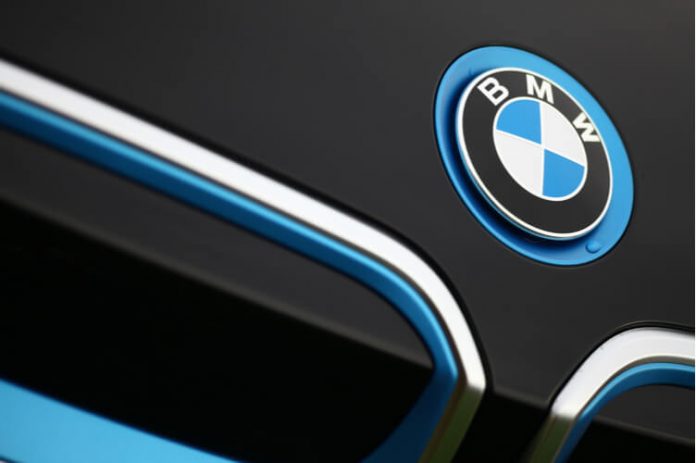DOVU, a startup focused on the blockchain technology, recently announced it has concluded successfully the first phase of a new pilot program based on the blockchain technology, whose goal is to measure the miles traveled by cars rented out by BMW.
According to the official announcement, Alphabet, a subsidiary of BMW in charge of providing mobility services, worked together with the development team from DOVU on the development of this pilot programa whose goal is to motivate the users to register the miles traveled when they use rental cars. The DOVU developers are the creators of the DOV token, an ERC20 token designed for the transportation sector.
This way BMW can monitor the activity of its vehicles and prevent the abuse of the allowed mileage, which causes losses for the company when the time to sell the car arrives. This is what BMW says about this problems: “For each car that comes back damaged or over it’s mileage allowance, the resale value of that vehicle is negatively affected, meaning that BMW are always looking for new ways to preserve that value.”
The head of product at DOVU, Alex Morris, explained that the drivers could receive tokens as an incentive in exchange for delivering the mileage data of the cars they were driving. Afterwards, the drivers could use these tokens to pay for certain services: “What we’re doing is we’re essentially trying to build out this circular economy on the DOVU platform. [Drivers] can earn tokens, but down the line they’ll also be able to spend tokens on services – for example, they might be able to get replacement tires or something like that using the Dovu ecosystem. The partner, in this case BMW, defined the categorization of the reward and that’s defined in a smart contract. As long as the parameters are met for the smart contract, they’ll receive tokens.”
Likewise, the quantity of miles registered is the parameter for the quantity of DOV tokens the drivers would receive. The program requires the drivers to deliver the mileage data on a monthly basis and, according to Morris, the program is especially useful for BMW since the current automatic mileage systems are not reliable and do not provide the exact information the company needs to have: “Right now mileage is the most important factor for the resale value of their vehicles,” he said. “The problem is quite an important one for them to solve, so when we suggested tokens to incentivize them to do that they were very excited.”
The conceptual test of the pilot program was completed successfully and now the program is in the testing phase with real drivers. This testing phase is scheduled to finish in a time frame of six to eight weeks.
In the past, BMW demonstrated interest in the blockchain technology and its application in the automotive industry. At the beginning of this month, the automotive giant from Germany formed partnership with other big companies from the industry to create a consortium called the Mobility Open Blockchain Initiative (MOBI). The goal of the consortium is to study the application of the blockchain technology in the automotive sector. Other members of the consortium are Bosch, Fors, General Motors, Renault and others. This is what the consortium says about its goals: “MOBI is actively working with companies accounting for over 70% of global vehicle production in terms of market share. MOBI and partners, including, BMW, Bosch, Ford, General Motors, Groupe Renault, ZF, Aioi Nissay Dowa Insurance Services USA and others seek to foster an ecosystem where businesses and consumers have security and sovereignty over their driving data, manage ride-share and car-share transactions, and store vehicle identity and usage information.”




